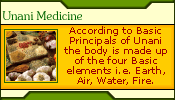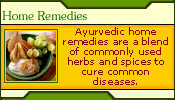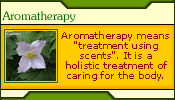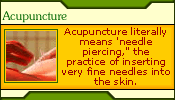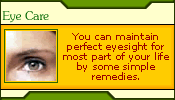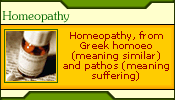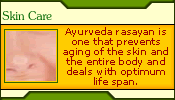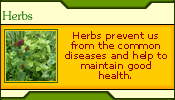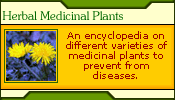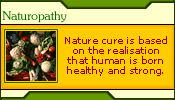|
There are approximately 75 to 150 mg. of copper in the adult human
body. Newborn infants have higher concentrations than adults. Liver,
brain, kidney, heart, and hair contain relatively high concentration.
Average serum copper levels are higher in adult females than in
males. Serum copper levels also increase significantly in women
both during pregnancy and when taking oral contraceptives.
This mineral helps in the conversion of iron into haemoglobin.
It stimulates the growth of red blood cells. It is also an integral
part of certain digestive enzymes. It makes the amino acid tyrosine
usable, enabling it to work as the pigmenting factor for hair and
skin. It is also essential for the utilisation of vitamin C. Copper
is found in most foods containing iron, especially in almonds, dried
beans, peas, lentils, whole wheat, prunes and egg yolk. The recommended
dietary allowance has not been established but 2 mg. is considered
adequate for adults. A copper deficiency may result in bodily weakness,
digestive disturbances and impaired respiration.
Copper and zinc absorption is closely related, and although copper
is also needed in relatively small amounts, some discussions are
under way on the optimum need of this mineral. If large amounts
of copper are present, then zinc and vitamin C is reduced in the
body, and vice versa.
Copper is required for
Copper is required in the formation of hemoglobin, red blood cells
as well as bones, while it helps with the formation of elastin as
well as collagen - making it necessary for wound healing.
A lack of copper may also lead to increased blood fat levels. It
is also necessary for the manufacture of the neurotransmitter noradrenaline
as well as for the pigmentation of your hair.
Deficiency of copper
It can be stored in the body, and daily presence in the diet is
therefore not necessary. If copper is deficient in the body, iron
is also normally in short supply, leading to anemia as well as the
likelihood for infections, osteoporosis, thinning of bones, thyroid
gland dysfunction, heart disease as well as nervous system problems.
Dosage
The dosage is the Recommended Daily Allowance (RDA), but be aware
that this dosage is the minimum that you require per day, to ward
off serious deficiency of this particular nutrient. In the therapeutic
use of this nutrient, the dosage is usually increased considerably,
but the toxicity level must be kept in mind.
In the case of micro-elements, such as trace elements, the amounts
are very small, yet they are still important and about 2 mg per
day is required.
Toxicity and symptoms of high intake
Toxic levels will lead to diarrhea, vomiting, liver damage as well
as discoloration of the skin and hair, while mild excesses will
result in fatigue, irritability, depression and loss of concentration
and learning disabilities.
Children getting too much copper may have hyperactive tendencies.
Best used with
Copper is best absorbed and utilized in the body when cobalt, iron,
zinc and folic acid is available.
When more copper may be required
Should extra zinc supplements be taken, your need for copper may
be increased.
Enemy of copper
The absorption of large amounts of vitamin C, zinc can negatively
influence the level of copper in the body, while large amounts of
fructose can make a copper deficiency worse.
Other interesting points
Be careful of having any liquids stored in copper containers, as
the liquid could have absorbed too much of the copper.
Food sources
Copper is made available from a variety of foods, such as whole
grain, liver, molasses, and nuts, but water from copper pipes will
also carry copper in it, and copper cooking utensils will also add
more copper to be ingested.
|



